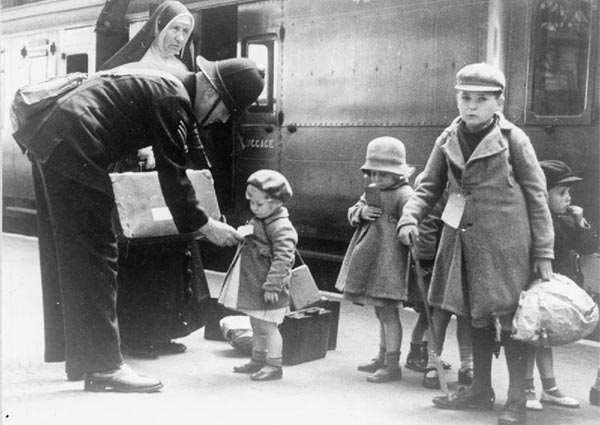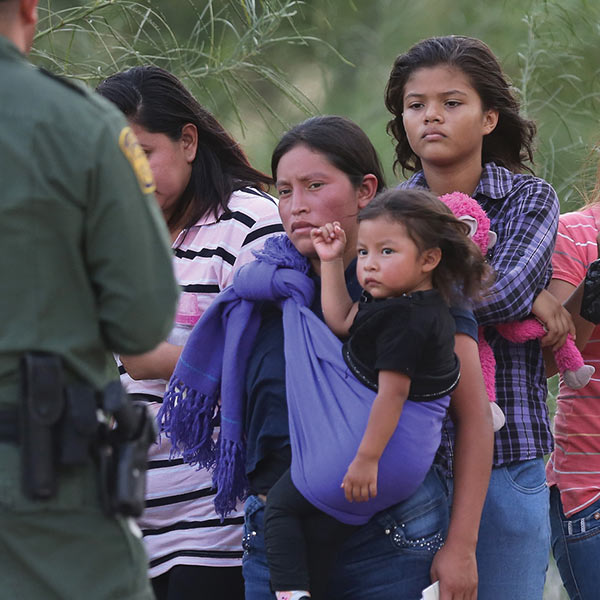On August 31, 1939, the order to “evacuate forthwith” sounded over Britain’s radios, sending nearly three million children away from their homes and families. Code-named “Operation Pied Piper” and planned in anticipation of Nazi air raids, this huge evacuation moved children and others from high-risk urban areas to the safer countryside and overseas. Four days later Britain declared war on Germany and World War II began. This year marks Operation Pied Piper’s seventy-fifth anniversary.
As they boarded trains travelling out of their home cities, the children did not know if they would ever see their parents again. Yet on reaching the countryside, they were received by families who opened their homes, often at considerable sacrifice. For many from poor inner-city homes, it was their first experience of a healthy, well-nourished life.
Learn to do good; seek justice, rescue the oppressed, defend the orphan, plead for the widow. –Isaiah 1:17
Three quarters of a century later, we must rediscover the welcoming generosity of Operation Pied Piper. We do not face air raids, but today there are thousands of children who need homes and families. In England alone there are six thousand children waiting for adoption, and another eighty-six hundred need foster care. In 1939, even men and women who could scarcely afford it welcomed children – many from difficult backgrounds – into their homes. We need that spirit today.
Christians have another reason to welcome these children. Throughout scripture, God – called the “father to the fatherless” and the “protector of widows and orphans” – has a special concern for the vulnerable. When Jesus’ brother teaches us that our faith is only “pure and undefiled” if we “visit orphans and widows in their affliction” (James 1:27), he is merely underlining what prophets like Isaiah already taught.

A policeman helps some young evacuees at a London station.
Earlier this year I spoke at a London-wide gathering of one hundred senior social workers. I asked the assembled group to name the challenges they face when working with Christians. The suspected problems – Christian views on “same-sex couples” and “proselytism” – came up.
Then I asked the social workers to think of the advantages of working with the church. “Great support network for adopters,” they said. “Altruistic motives,” they added, and “genuinely diverse communities.” It was encouraging to see a secular gathering recognize the role that the church can play for vulnerable children.
But then I explained the most compelling reason for churches to engage with this subject: adoption is a core part of the Christian story. Every Christian is an adopted person; we have all been adopted into God’s family. Paul wrote in his letter to the Romans:
For you did not receive a spirit of slavery to fall back into fear, but you have received a spirit of adoption. When we cry, “Abba! Father!” it is that very Spirit bearing witness with our spirit that we are children of God, and if children, then heirs, heirs of God and joint heirs with Christ. (Romans 8:15–17)
I pray that the spirit of the 1939 evacuation might again capture our society’s imagination, and that the “spirit of adoption” will capture the church’s heart.











